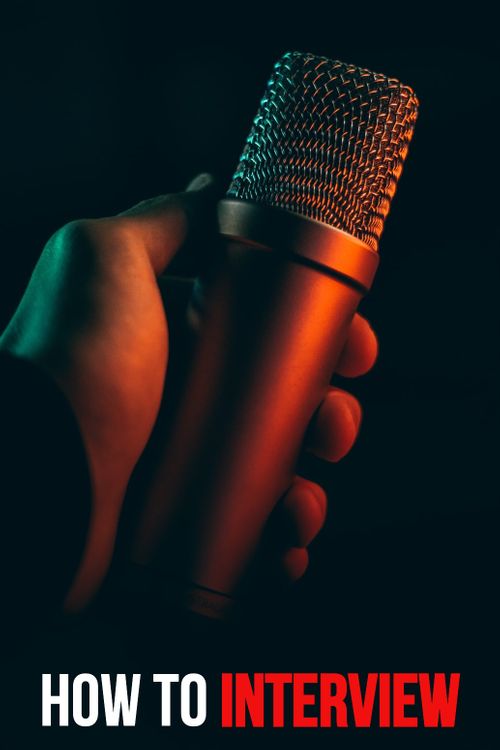I've interviewed hundreds of people. These are my secrets.
Sep 06, 2021 · 6 mins read
0
Share

Preparing your questions
There are two types of interviewee that a writer needs to prepare for: the professional and the layperson. Each one requires a different approach.
Save
Share
Let’s start with the professional: someone for whom interviews are part of their job (e.g. artists, athletes, politicians, etc.).
Save
Share
There’s a clear hierarchy of interview settings: in-person, video, phone, email. Avoid email interviews whenever possible. They rarely produce anything worthwhile.
Save
Share
Research is the best preparation. Read every interview the person in question has ever given. Just when it feels like you couldn’t possibly read anymore, keep going.
Save
Share
This helps you develop a comprehensive overview of their career, but you’re also learning what to ask and what not to ask...
Save
Share
Reading an interview with someone naturally sparks questions of your own. Make a list of them. But if the person has made certain views or biographical details repeatedly clear, either find a fresh angle or treat it as material to sum up (where relevant) in the finished article.
Save
Share
Nobody likes having to answer the same questions over and over. It makes people switch off (and makes you look lazy). Thoughtful queries driven by genuine curiosity work best.
Save
Share
The mark of a good question is one that can be asked in every situation and produce different answers. Building a stockpile of these will help you navigate any interview scenario.
Save
Share
Once you’ve compiled a list of questions, put them in a cohesive order. This will give the conversation a more natural flow. It’ll also make the finished article feel well-rounded.
Save
Share
Asking random stuff makes it harder to tie everything together later. Questions that don’t fit in (or seem less interesting) should be set aside as “extras” in case you have time to fill at the end.
Save
Share
0